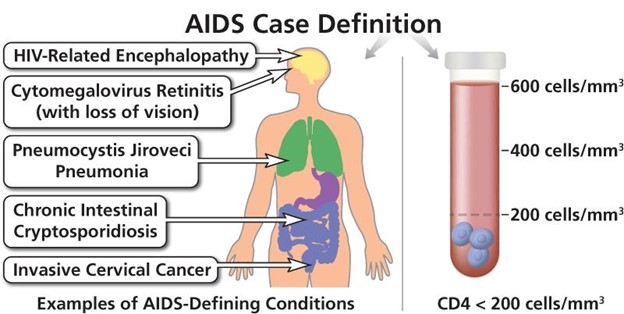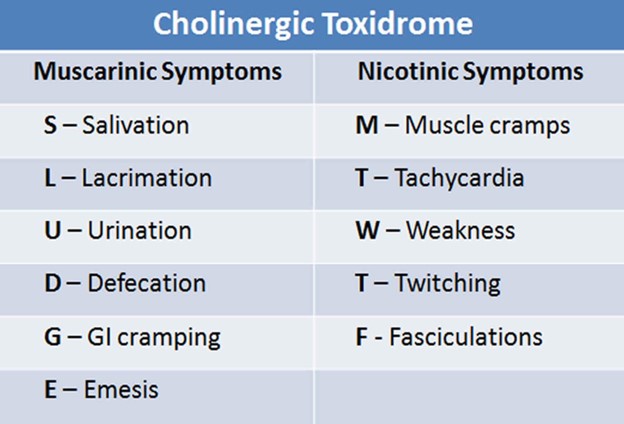The nurse is participating in a care planning conference for a patient with acquired immunodeficiency syndrome (AIDS). What is the nurse's highest priority in providing care to this client?
Instituting measures to prevent infection.
Providing emotional support.
Identifying risk factors related to contracting AIDS.
Discussing the cause of AIDS.
The Correct Answer is A
Choice A Reason: Instituting measures to prevent infection is the highest priority in providing care to this client, as AIDS impairs the immune system and makes the client susceptible to opportunistic infections that can be life-threatening.
Choice B Reason: Providing emotional support is an important aspect of providing care to this client, but it is not the highest priority, as it does not address the physical needs of the client.
Choice C Reason: Identifying risk factors related to contracting AIDS is not relevant for providing care to this client, as it does not help to improve the current condition or prevent complications.
Choice D Reason: Discussing the cause of AIDS is not essential for providing care to this client, as it does not affect the treatment or prognosis of the disease.

Nursing Test Bank
Naxlex Comprehensive Predictor Exams
Related Questions
Correct Answer is C
Explanation
Choice A Reason: Fatigue is not the priority finding for a client who has a low platelet count, as it may indicate other conditions such as anemia, infection, or depression.
Choice B Reason: Anorexia is not the priority finding for a client who has a low platelet count, as it may indicate other conditions such as nausea, pain, or anxiety.
Choice C Reason: Bleeding is the priority finding for a client who has a low platelet count, as it indicates that the client is at risk of hemorrhage and shock due to impaired blood clotting.
Choice D Reason: Fever is not the priority finding for a client who has a low platelet count, but it may indicate an infection that requires prompt treatment.
Correct Answer is A
Explanation
Choice A Reason: Atropine sulfate is the medication that the nurse should ensure is available to treat cholinergic crisis, as it blocks the effects of acetylcholine and reverses the symptoms of excessive parasympathetic stimulation.
Choice B Reason: Pyridostigmine bromide (Mestinon) is not the medication that the nurse should ensure is available to treat cholinergic crisis, but it is used to treat myasthenia gravis by increasing acetylcholine levels and improving muscle strength.
Choice C Reason: Protamine sulfate is not the medication that the nurse should ensure is available to treat cholinergic crisis, but it is used to reverse the effects of heparin and prevent bleeding.
Choice D Reason: Acetylcysteine (Mucomyst) is not the medication that the nurse should ensure is available to treat cholinergic crisis, but it is used to treat acetaminophen overdose and prevent liver damage.

Whether you are a student looking to ace your exams or a practicing nurse seeking to enhance your expertise , our nursing education contents will empower you with the confidence and competence to make a difference in the lives of patients and become a respected leader in the healthcare field.
Visit Naxlex, invest in your future and unlock endless possibilities with our unparalleled nursing education contents today
Report Wrong Answer on the Current Question
Do you disagree with the answer? If yes, what is your expected answer? Explain.
Kindly be descriptive with the issue you are facing.
